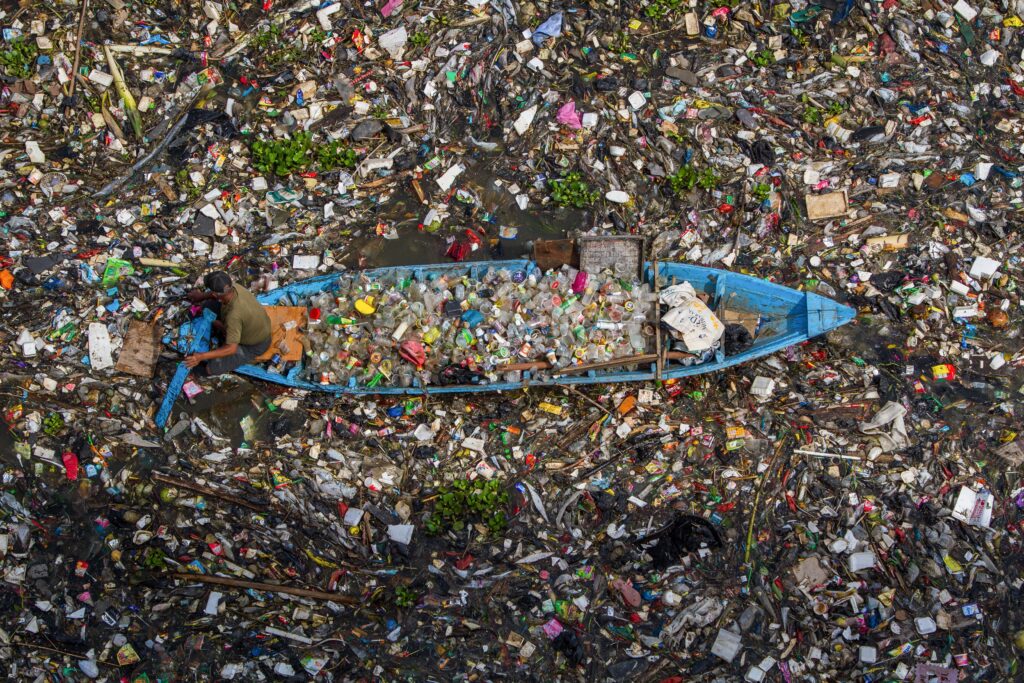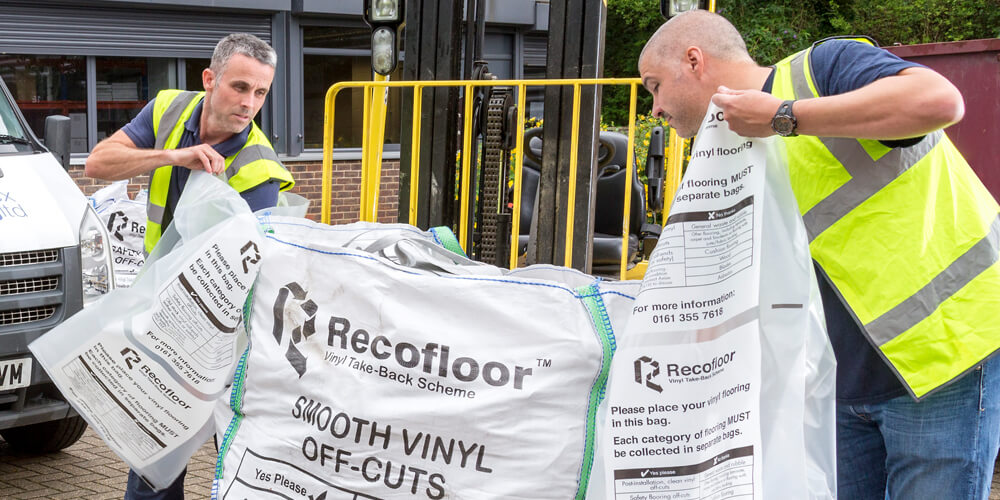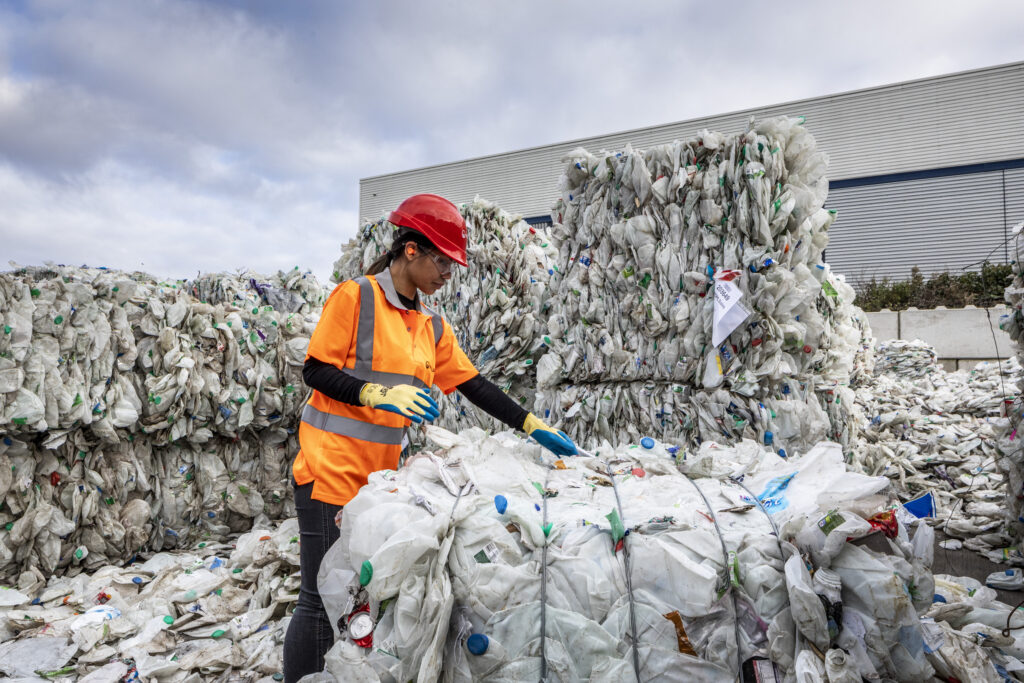The final round of negotiations ended on Sunday (1 December 2024) in Busan, South Korea.
The negotiations were created in an attempt to create a legally-binding worldwide treaty to eliminate plastic pollution by 2040 – which they failed to achieve.
“We strongly advocate for an international legally binding treaty rather than a voluntary agreement,” says Susie Burrage OBE, president of BIR. “Global action is needed to tackle plastic pollution effectively, and we must seize this opportunity to create a robust framework.”
Arnaud Brunet, director general of BIR, added: “Input from the recycling industry is indispensable. Our voices must be heard in these negotiations to ensure practical, sustainable solutions are implemented. This is not just an end-of-life issue; it’s about addressing the lifecycle of plastics from production to disposal.”
The countries are expected to reconvene next year to reach an agreement.
“We hope the process advances toward a global agreement,” Ms Burrage concluded. “The world needs this treaty to ensure a sustainable future for generations to come.”
Why did the Global Plastics Treaty negotiations fail to reach a consensus?
Three main disagreements led to the failed final round of negotiations. Firstly, over 200 assembled nations debated whether the treaty’s scope should focus solely on post-consumer waste or the entire lifecycle of plastics, including production.
Secondly, the negotiations struggled to agree on a definition for “plastic pollution”. Some nations argue it includes emissions and hazardous substances from production, while others believe it pertains only to end-of-life management.
Lastly, there was disagreement over the course of the five negotiations as to whether the treaty should enforce binding commitments or remain voluntary, reflecting differing national priorities and capacities.
“We stand firm in supporting a legally binding agreement,” adds Alev Somer, BIR director of advocacy.
“Voluntary measures, while a step forward, may not deliver the necessary impact. A binding treaty would ensure accountability and meaningful change.”










Subscribe for free